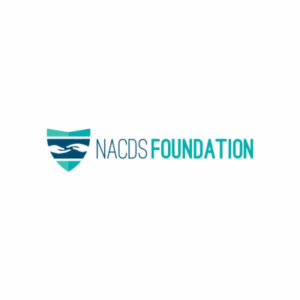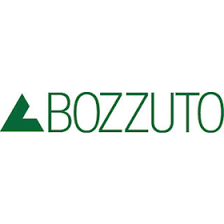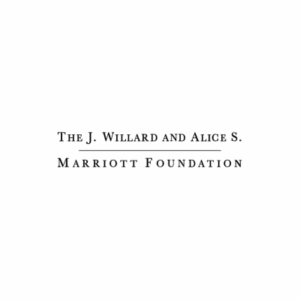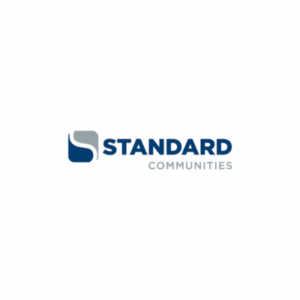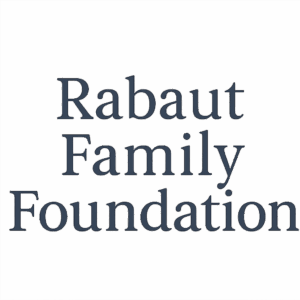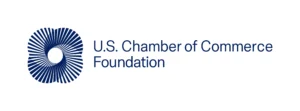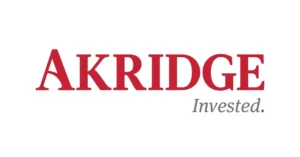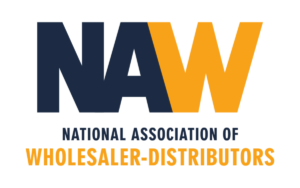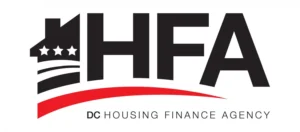The following blog text is from testimony submitted by SOME to the Committee on Human Services regarding the DC Department of Human Services’ FY2020 Performance and FY2021 Proposed Budget.
SOME is celebrating its 50th year of providing comprehensive social services to District residents who are homeless or at risk of homelessness. Our services, even during the Public Health Emergency, include food, clothing, and showers; medical care; career training; and housing with social services for approximately 1,400 persons.
Today, our focus is on the District’s preparedness to help homeless and indigent persons to survive both the ongoing public health challenge and its economic fallout over the next two years or more.
We applaud the Department of Human Services’ significant efforts, with its partner agencies, in the past three months to de-densify the low-barrier shelters and improve access to public benefits. We also acknowledge the sacrifice that DHS staff is making, given the freeze in salaries and hires; we appreciate that as of now no staff will be laid off. We also acknowledge the $13.3M increase in TANF Cash Assistance.
Our concerns are twofold:
1. We invite the Committee to examine closely the proposed budgets for shelters, hotels, and housing for adequacy—not only for families but for individuals as well.
For several recent weeks, there were no vacancies in the men’s or women’s shelters. Additional resources such as hotel rooms had to be brought online, while at the same time the last of the hypothermia shelter sites were closed. As the public health challenge continues, until there is strong herd immunity, the Department will need the financial resources to meet the shelter and housing challenge.
2. The economic recession brought on by the COVID-19 public health emergency will have a long-lasting impact on persons who are homeless or on the verge of homelessness.
Many had been barely surviving on minimum-wage jobs that have since disappeared. The need for food by individuals and families has deepened. Thousands of persons who are disabled, but don’t yet have SSI/SSDI, therefore have zero income; if homeless, they have zero ability to be self-sufficient; and if not yet homeless, they have zero ability to contribute to household incomes and thereby avoid homelessness.
Regarding long-term capacity for shelter and housing, we invite the Committee to look closely at:
- The use of one-time-only funding for FRSP, hotel costs, shelter for Transition Age Youth, Short-Term Family Housing operating costs, and a portion of Homeward DC.
- The reduction of almost $1M for PSH for individuals.
- The adequacy of funding for RRH for individuals.
- The loss of $2.13M in FY20 one-time funds for the invaluable Homeless Street Outreach program. This crucial program builds relationships with persons on the street and it links those persons with housing and other services
Regarding economic security and homelessness prevention, we invite the Committee to look closely at:
- The reduction of almost $1.25M for the Project Reconnect Homelessness Prevention.
- The need to bolster ERAP during this crisis and not keep it flat-funded.
- Increasing the amount of SNAP benefits.
- Adding $840K to IDA to enable another 100 persons who are physically unable to work, to have minimal income.
- Flat funding of domestic violence services within DHS at this time is a concern. We want to report an increase in domestic violence during the stay-at-home period, which results in the need for expert resources and housing alternatives. We encourage DHS to partner with domestic-violence programs as well as the Office of Victim Services. And we encourage the Committee to explore the funding needed to make those alternatives available.
- We also note that Burial Assistance has not increased. Given that the death rate from COVID-19 has disproportionately affected persons of color and persons in low-income Wards, the demand for Burial Assistance is likely to increase—if it has not increased already.
We acknowledge the District’s need for Federal resources, and we appreciate the Federal funds that have reached DHS and DHCD so far. We support the District’s call for this jurisdiction to be treated as a state for allocation of resources, including the $725M that should have come its way under the Families First Coronavirus Response Act two months ago.






